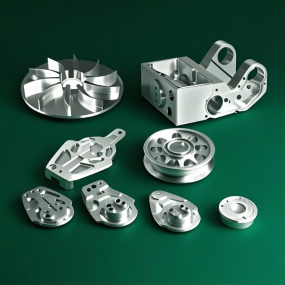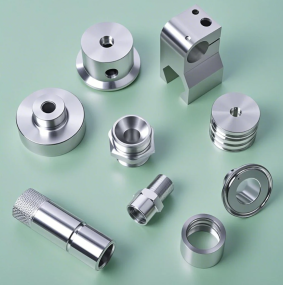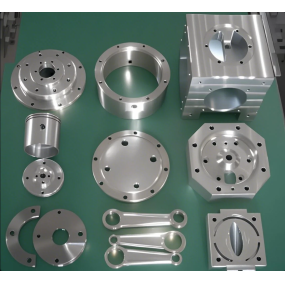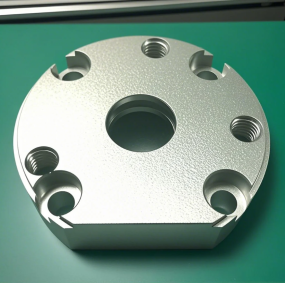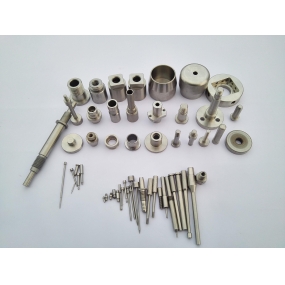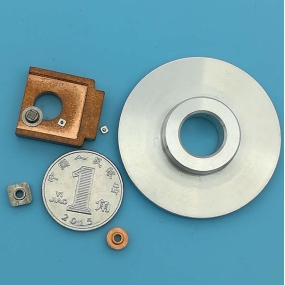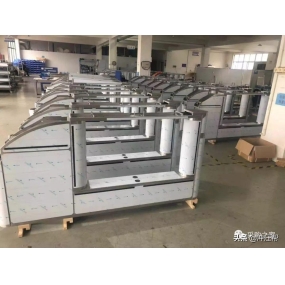Stamping is a metal processing method that is established on the basis of plastic deformation of metal. It uses molds and stamping equipment to apply pressure to the sheet metal, causing plastic deformation or separation of the sheet metal, thereby obtaining parts (stamped parts) with certain shape, size, and performance.
Our small hardware products are produced using stamping technology, and there are two forms of product stamping: ① strip/sheet stamping ② bar stamping
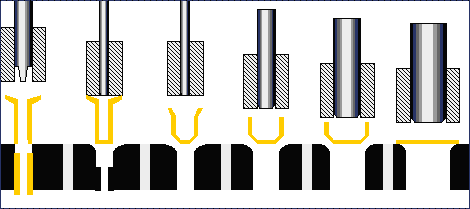
-Strip/sheet stamping-
Strip/sheet Metal Stamping: mainly aimed at the production of some hollow hardware products and sheet metal parts
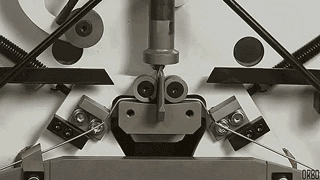
-Bar stamping-
Bar stamping: mainly aimed at the production of semi hollow or solid hardware products
Stamping technology plays an irreplaceable role in the automotive manufacturing industry, especially for the large and complex shape of car body shells, with multiple curved surfaces and high surface quality requirements. Therefore, using stamping technology to produce these parts is incomparable to other processing methods.
The stamping process can be divided into four basic processes:
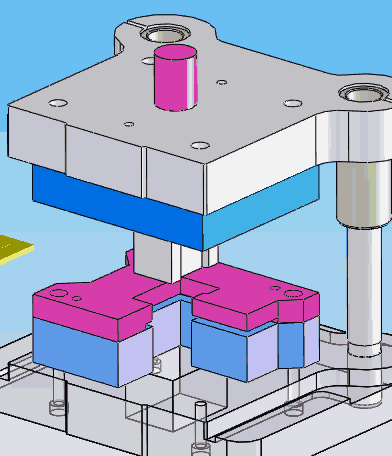
-Punching and cutting-
Punching: a stamping process that separates sheet metal (including punching, cutting, trimming, and sectioning)
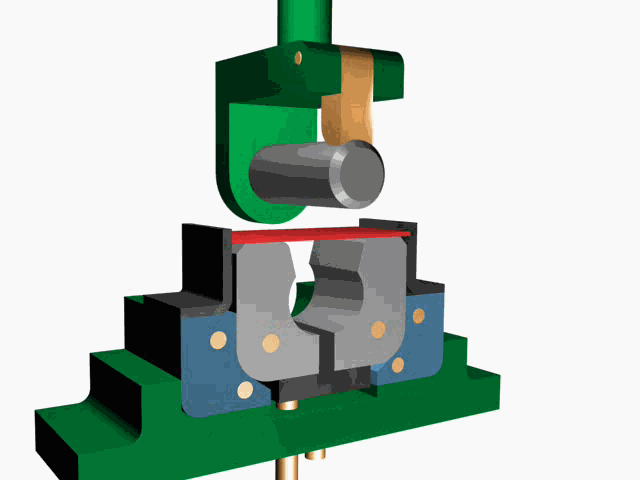
-Bending-
Bending: The stamping process of bending a sheet metal into a certain angle and shape along the bending curve
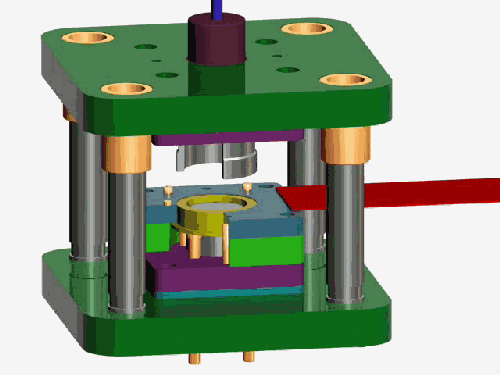
-Deep drawing-
Deep drawing: a stamping process that transforms flat sheet metal into various open hollow parts, or further changes the shape and size of hollow parts
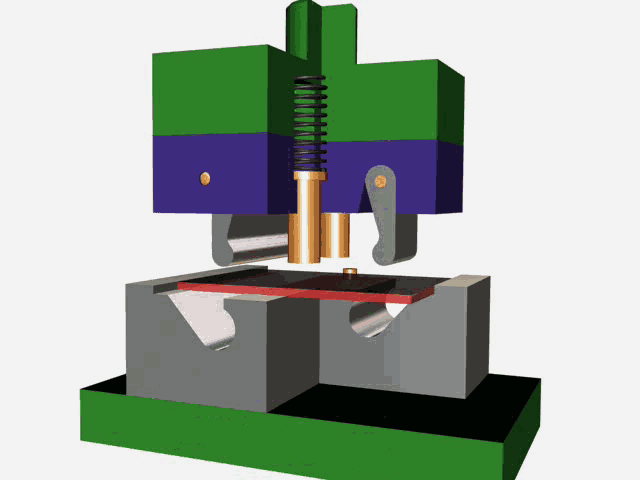
-Forming-
Partial forming: a stamping process that uses various local deformations with different properties to change the shape of a blank or stamped part (including flanging, bulging, leveling, and shaping processes)
The characteristics of stamping technology:
Stamping is a processing method with high production efficiency and low material consumption
2. Stamped parts generally do not require further mechanical processing and have high dimensional accuracy
3. Convenient operation process
4. Stamped parts have good interchangeability
5. Low cost of stamping parts produced in bulk using molds
6. Parts with high strength, high stiffness, and light weight that can be obtained through stamping processing
7. Can manufacture complex shaped parts that are difficult to machine using other metal processing methods
8. The surface quality of the stamped product is good, providing convenient product recommendations for later surface treatment processes such as electroplating and polishing
/Product recommendations/
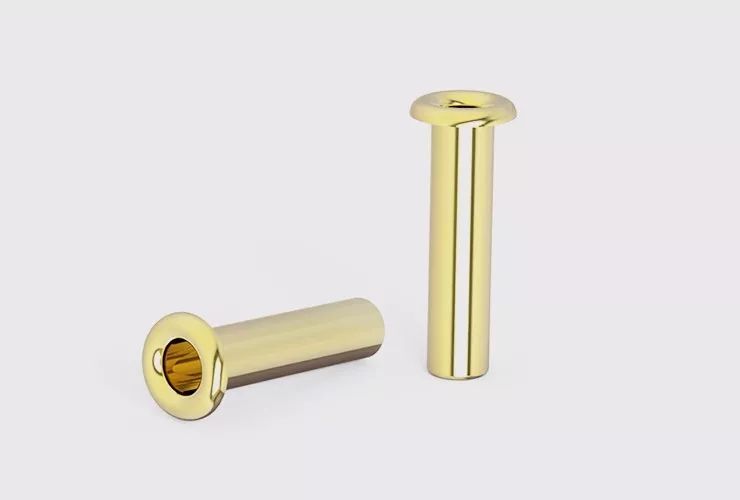
Product name: Rivet/RIVET
Model: RT312
Size: φ 3.80 x H10.10 (mm)
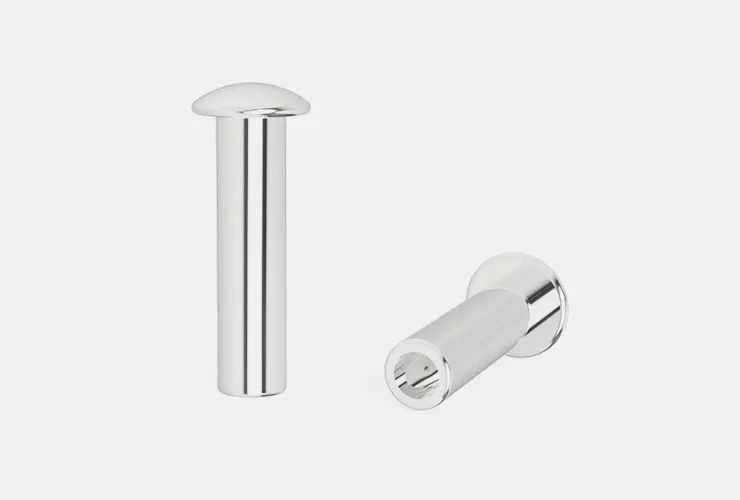
Product name: Rivet/RIVET
Model: RT910
Size: φ 5.05 x H13.20 (mm)
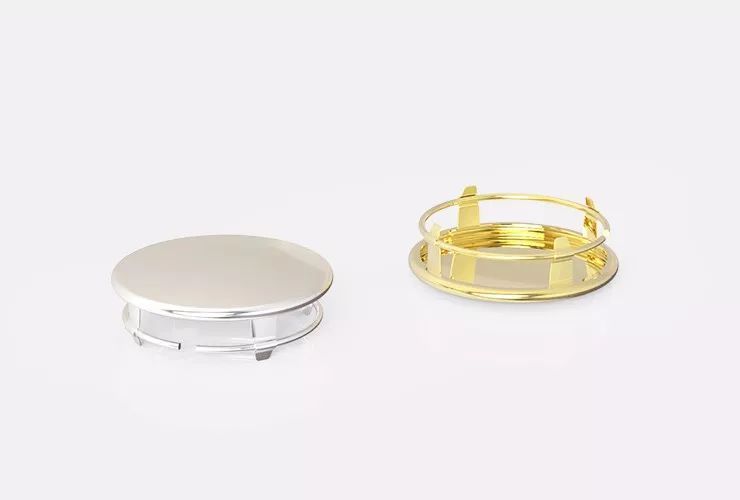
Product name: Hole cover/CAP
Model: CA220
Size: φ 63.00 x H20.70 (mm)
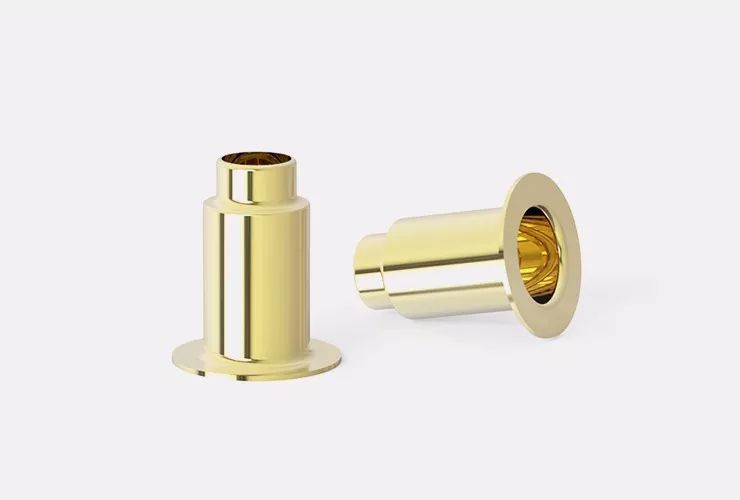
Product name: buttonhole/EYELET
Model: ET256
Size: φ 9.55 x H11.55 (mm)
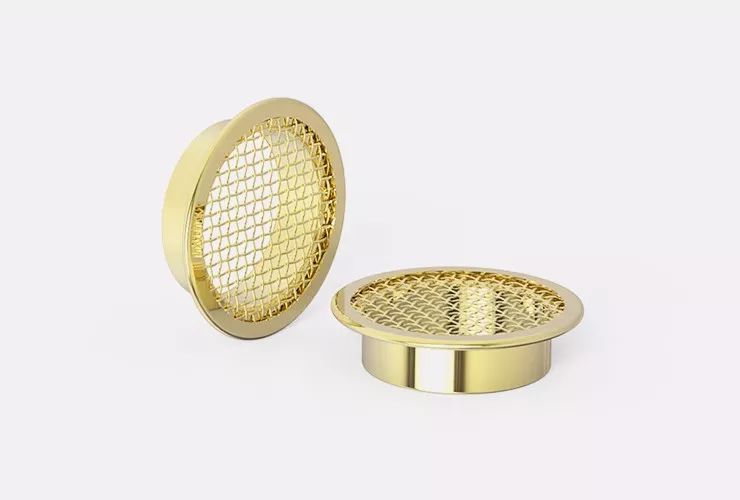
Product name: buttonhole/EYELET
Model: ET436
Size: φ 25.40 x H6.55 (mm)
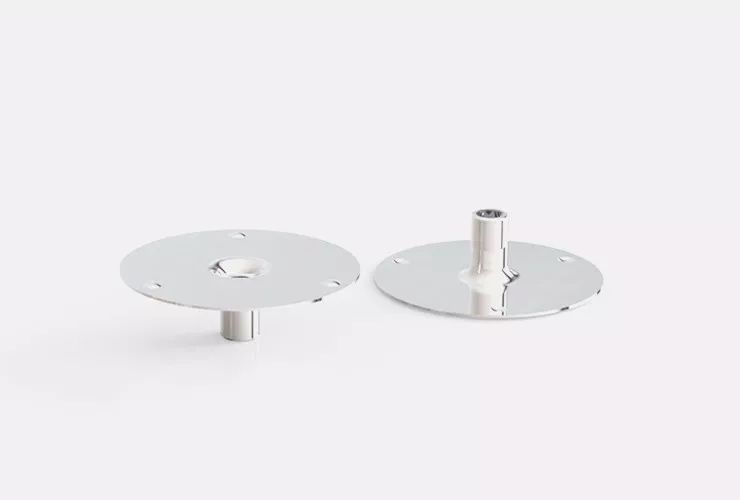
Product name: Base/BASE
Model: BE197
Size: φ 20.00 x H6.25 (mm)
PS: If you would like to learn more product information, please contact us
-
The above is one of the metal processing techniques we are sharing with you today - metal stamping technology. We hope it will be helpful for you to understand products of the same process.


 Spanish
Spanish Arabic
Arabic French
French Portuguese
Portuguese Belarusian
Belarusian Japanese
Japanese Russian
Russian Malay
Malay Icelandic
Icelandic Bulgarian
Bulgarian Azerbaijani
Azerbaijani Estonian
Estonian Irish
Irish Polish
Polish Persian
Persian Boolean
Boolean Danish
Danish German
German Filipino
Filipino Finnish
Finnish Korean
Korean Dutch
Dutch Galician
Galician Catalan
Catalan Czech
Czech Croatian
Croatian Latin
Latin Latvian
Latvian Romanian
Romanian Maltese
Maltese Macedonian
Macedonian Norwegian
Norwegian Swedish
Swedish Serbian
Serbian Slovak
Slovak Slovenian
Slovenian Swahili
Swahili Thai
Thai Turkish
Turkish Welsh
Welsh Urdu
Urdu Ukrainian
Ukrainian Greek
Greek Hungarian
Hungarian Italian
Italian Yiddish
Yiddish Indonesian
Indonesian Vietnamese
Vietnamese Haitian Creole
Haitian Creole Spanish Basque
Spanish Basque

